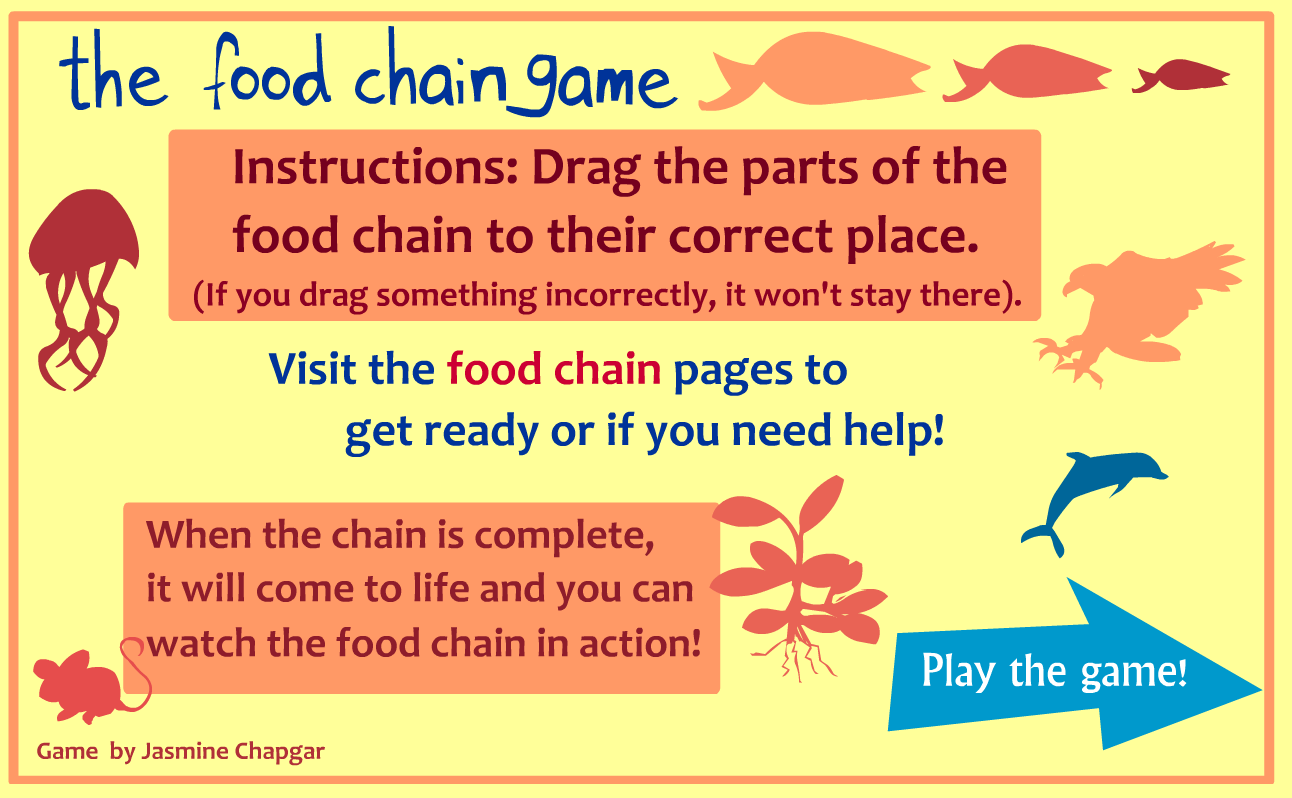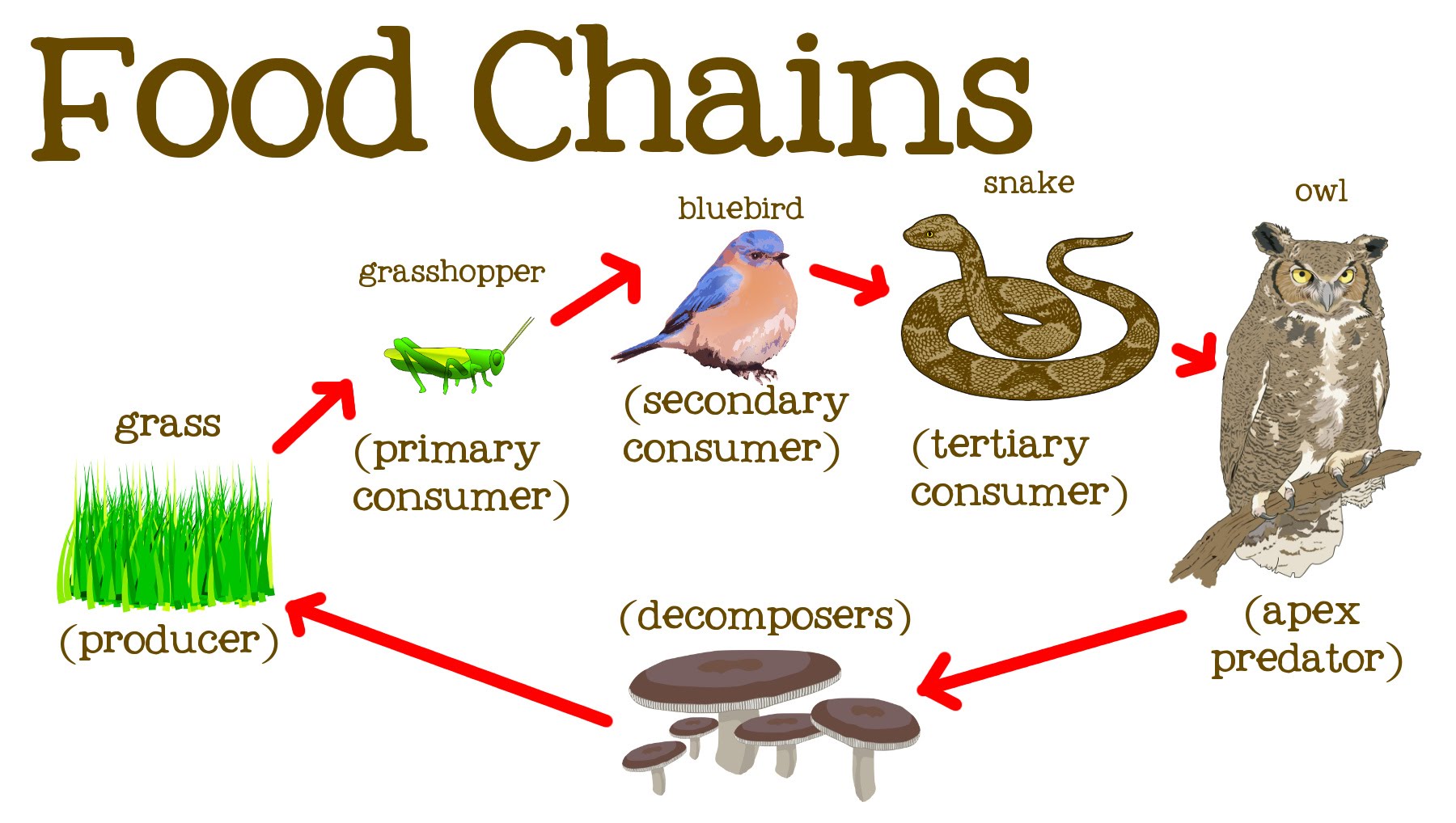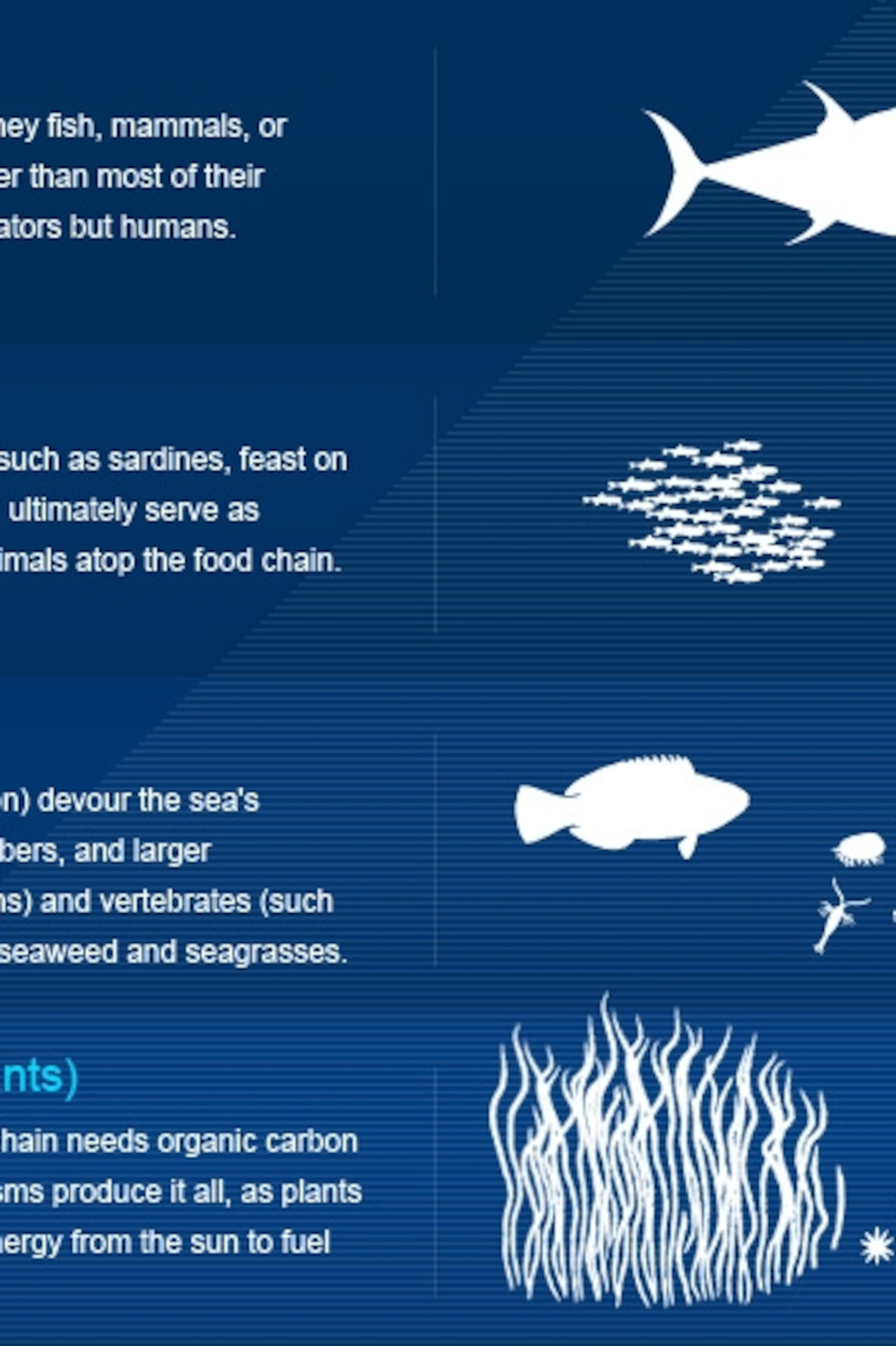Food Chain Definition Environmental Science

The organisms that feed on dead organic matter or detritus are known as detritivores or decomposers.
Food chain definition environmental science. The dead organic substances are decomposed by microorganisms. An animal that feeds on dead organic material especially plant. In ecology a food chain is a series of organisms that eat one another so that energy and nutrients flow from one to the next.
Start studying AP Environmental Science Food Chains and Food Webs. Food chains intertwine locally into a food web because most organisms consume more than one type of animal or plant. However there are several reasons why a food chain may become disrupted.
In scientific terms a food chain is a chronological pathway or an order that shows the flow of energy from one organism to the other. The food chain can also end one step further with decomposers like bacteria or worms which would process the predator species once it dies depending on the definition. Learn vocabulary terms and more with flashcards games and other study tools.
In other words it is the chronological order of who eats whom in a biological community. This is the simplest way of showing feeding relationships. Every living thingfrom one-celled algae to giant blue whale sneeds food to survive.
Some invasive species were actually brought in as unsuccessful attempts to control other invasive species. The definition of a food chain is a system where a small animal is the food for a larger animal which in turn is the food for an even larger animal. Food chain definition environmental science.
For the time being the possibility of transmission through the food sector is considered negligible and tracing of SARS-CoV-2 in working environments is not considered as a priority by public authorities. A food chain always starts with a producer an organism that makes food. Energy is not created or destroyed.



















